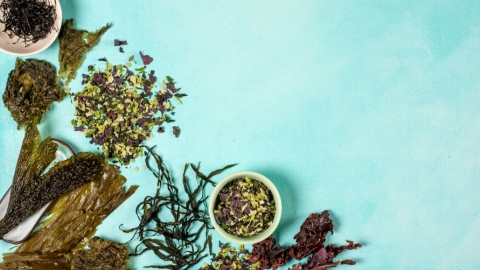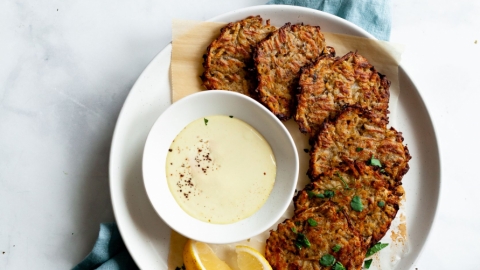Edible Notables: Naas Foods
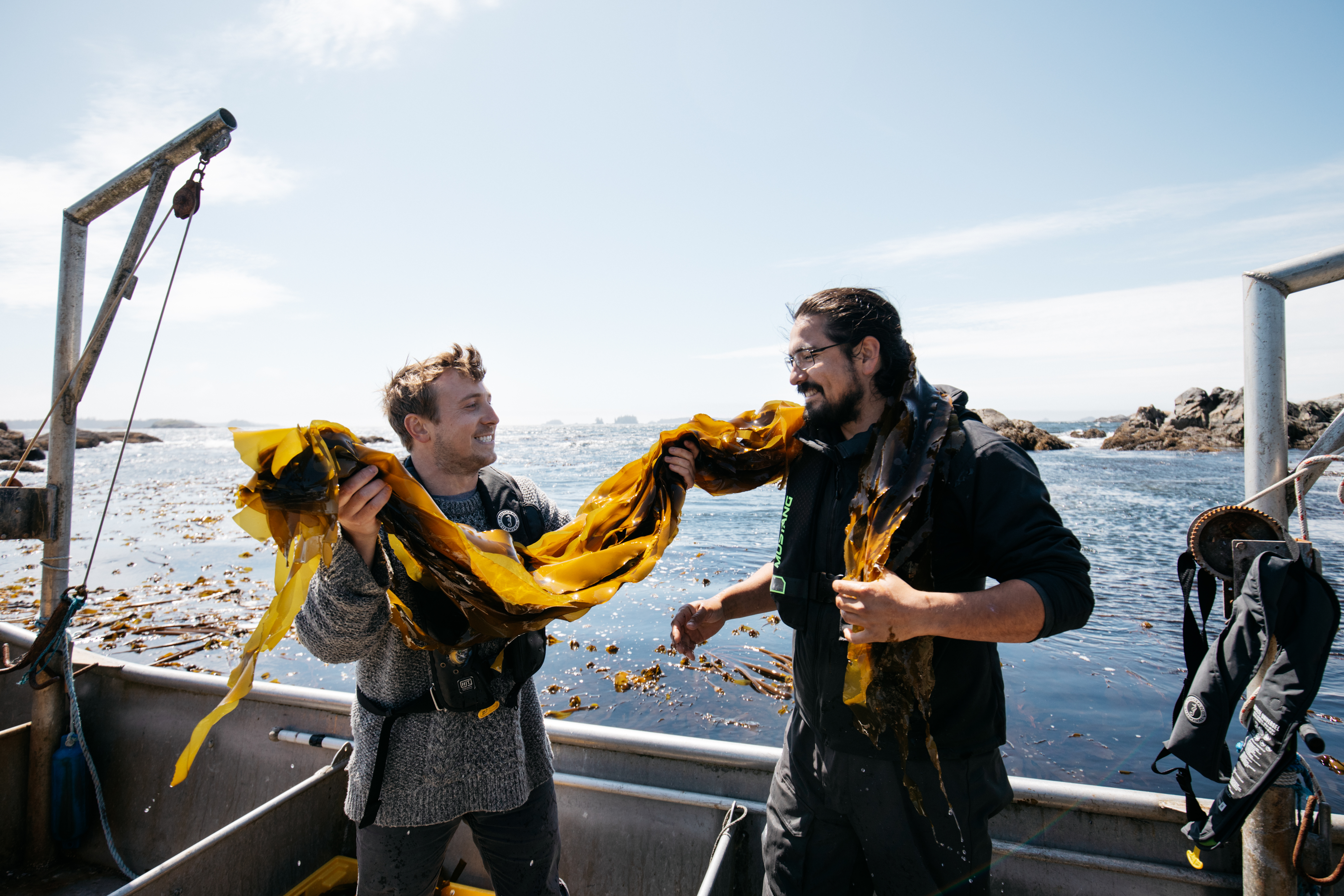
Photography in this article by Evan Ruffel, Nicole Holeman and Nigel Fletcher.
Sometimes, all it takes is a beer with a buddy at the end of the day to come up with a life-changing business venture.
At least, that’s how it happened for Stevie Dennis and Jordan White.
The two met while working as fishing guides in 2016 at the Clayoquot Wilderness Lodge. Fate found them assigned as roommates, and fortune found them becoming fast friends. Stevie, a “true waterman” and Tofino local, has experience working on a variety of commercial fishing boats and fish farms; he’s also worked with the Canadian Coast Guard, the Ahousaht Guardians and for various Tofino tourism outfitters. Plus, he’s a surfer and free diver. Jordan grew up in Victoria with a passion for the marine environment and has been a fishing guide since he was 18 years old. He says he’s always been fascinated by marine food systems. “After seeing the heavy impacts of sport fishing and commercial fishing on local eco-systems, I became very interested in marine aquaculture.”
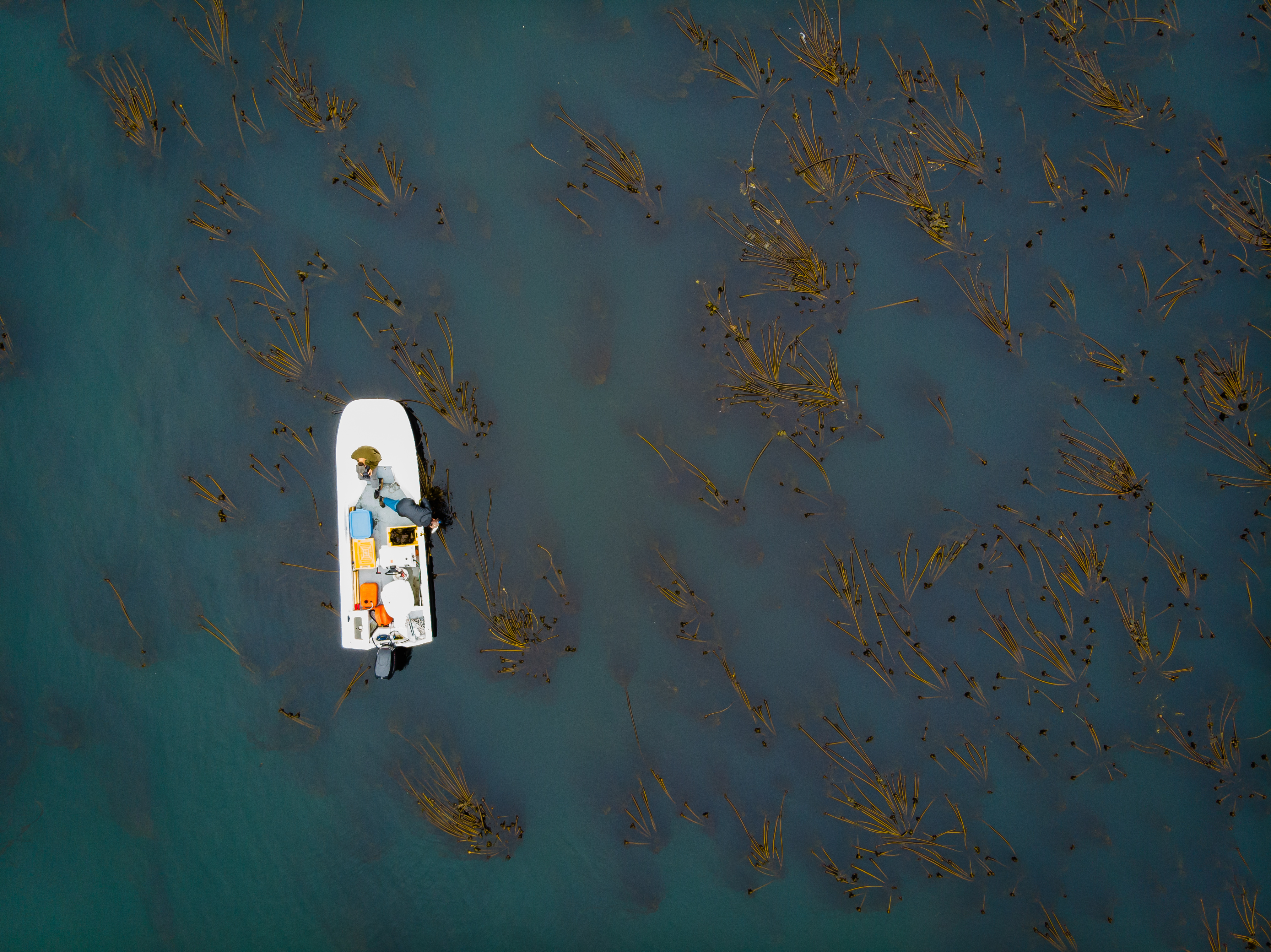
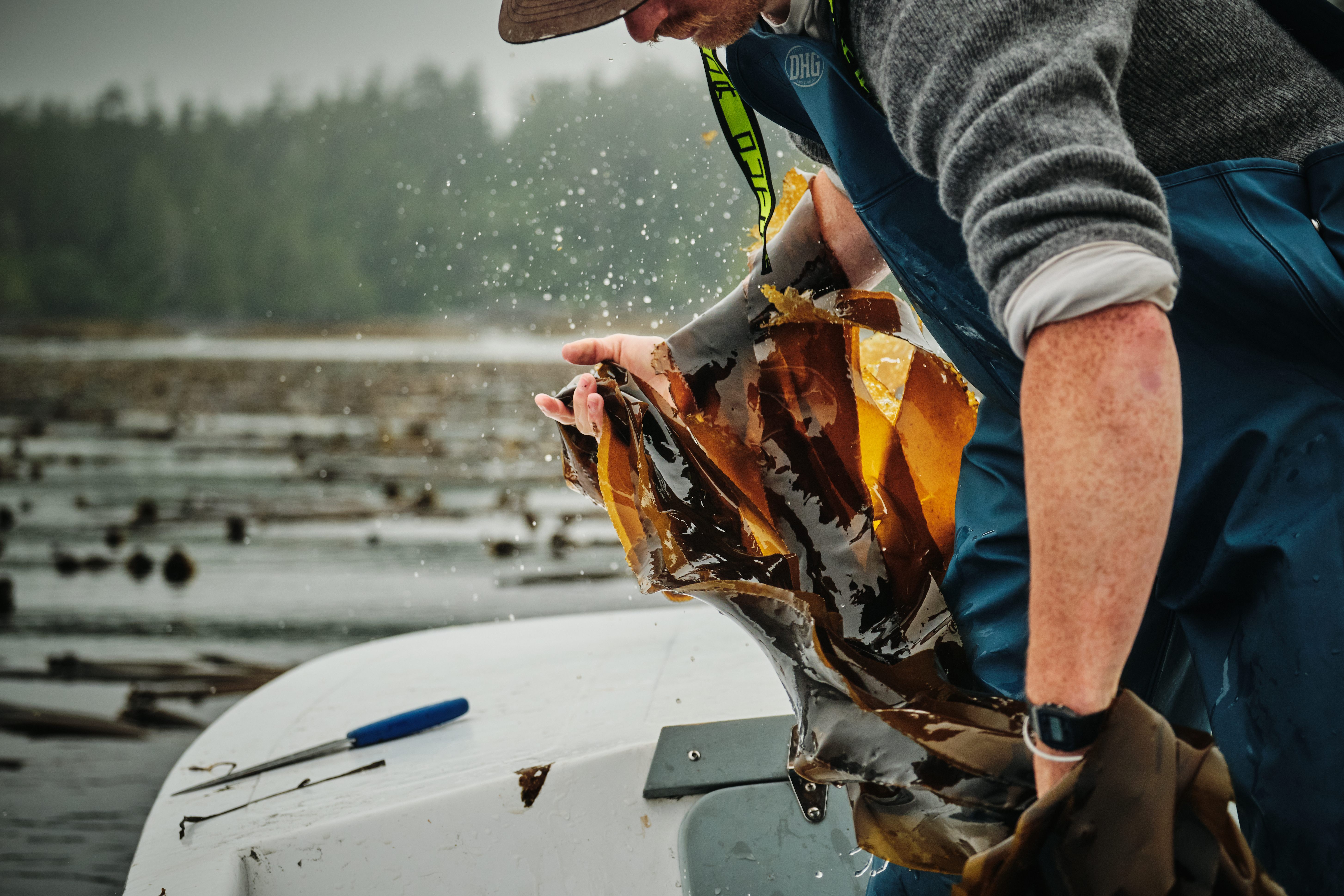
But it wasn’t until a few years later that Stevie and Jordan reconnected prior to their evening of entrepreneurial inspiration. Jordan found himself in Tofino installing kelp test lines at a retired fish farm site for a Business Co-op assignment, and Stevie, working for the Ahousaht Guardians, happened to be assigned the captain for the boat. “During that day, Stevie and I worked effortlessly together and were both fascinated by the kelp test lines that we were installing,” says Jordan. That night, they grabbed a beer together and realized there was no reason they couldn’t start their own kelp company. “Right there and then the company was created, and we haven’t looked back since.”
The idea turned to reality in the form of Naas Foods, which sells a variety of kelp products they create in their own processing facility in Tofino. So far, they’ve launched Seaweed Salad (a frozen-thaw, ready-to-eat salad made from hand-harvested bull kelp along with an in-house-made sesame/soy sauce), Kelp Cubes (which are tasteless and odorless but are a fabulous nutritional ingredient to use in smoothies, soups and sauces), and Smoked Kelp (their newest product, they heavily rinse the kelp before running it through a 16-hour cycle). Naas Foods also sells locally caught seafood products, which are caught exclusively by fishers from the T’aaq-wiihak Fishery—products such as SUUḤAA (Chinook), P̓UUʔI (halibut), TUŠKUUḤ (lingcod), CUWIT (coho), HASAAMAC (crab), and ƛ̕iḥapiiḥ (rock fish).
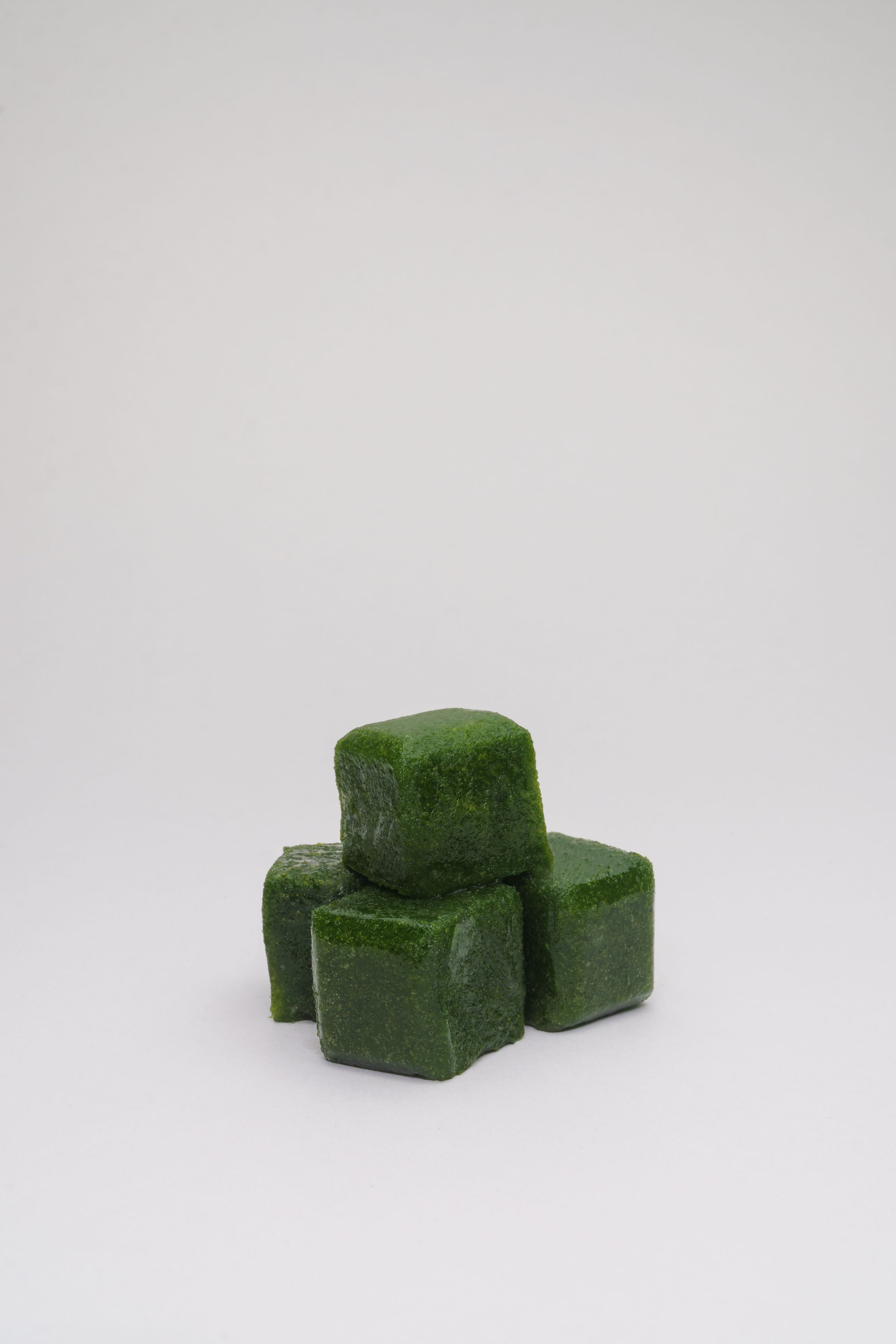
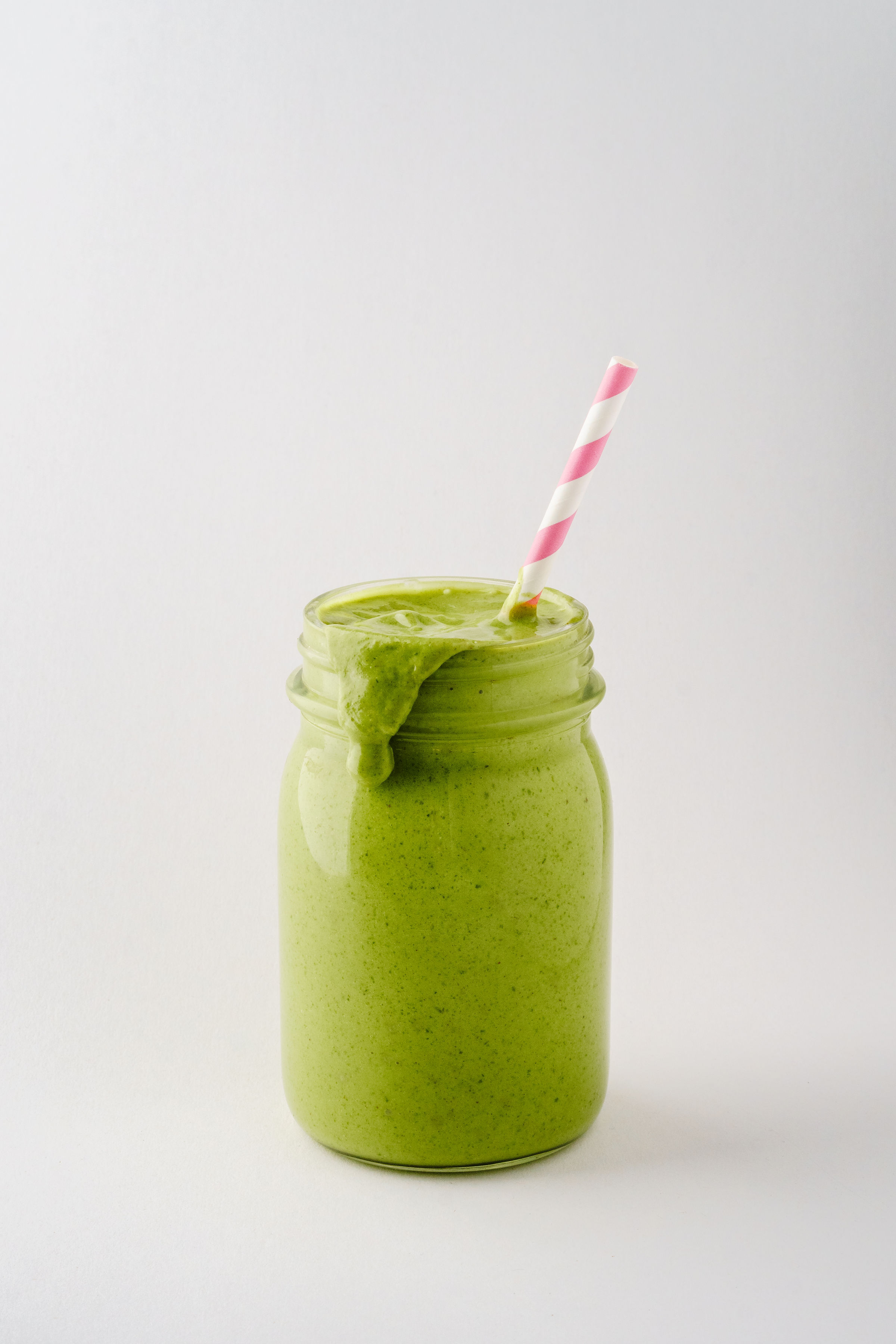
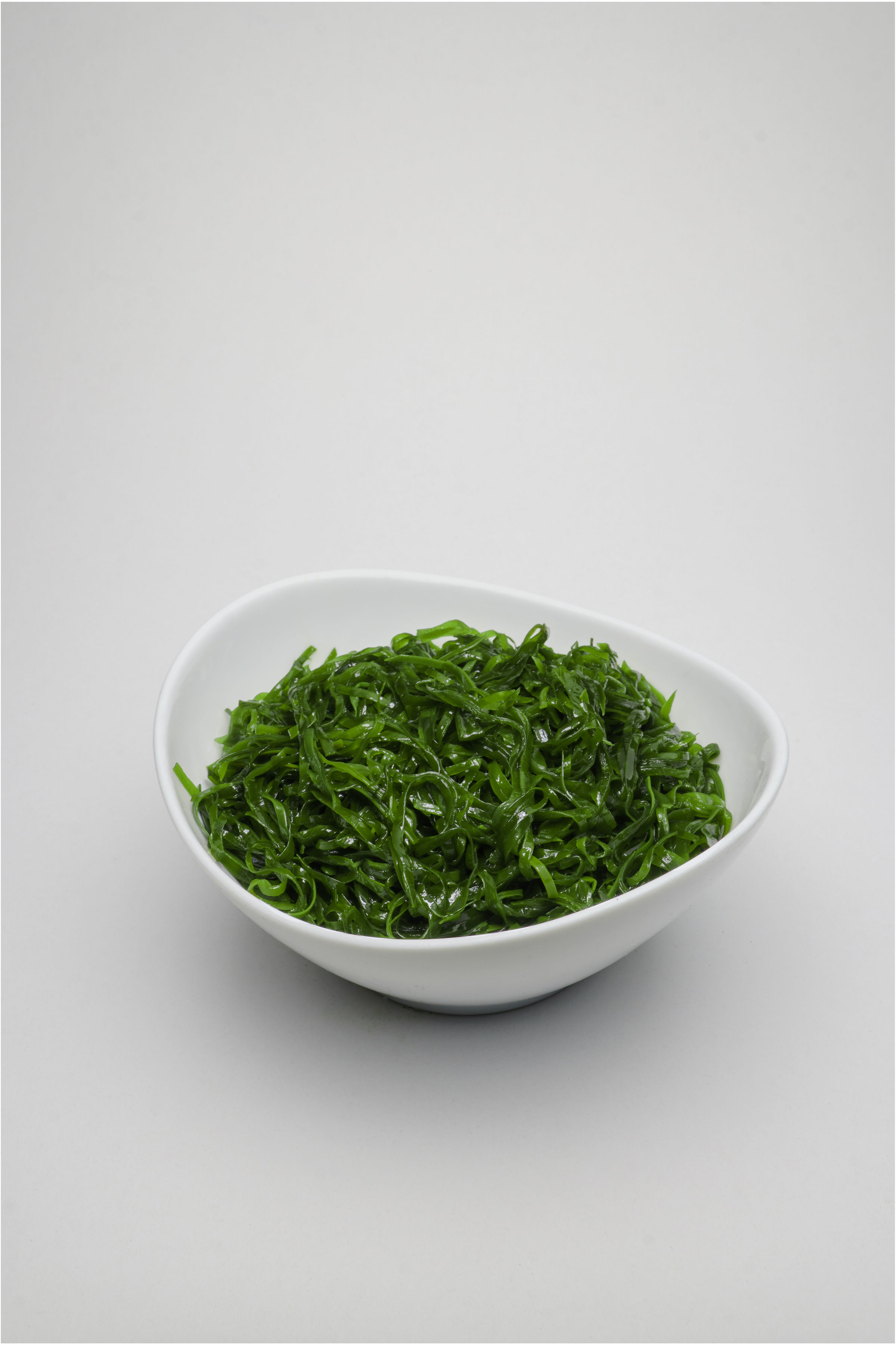
“We work with a huge network of individuals and organizations within the Tofino Community,” says Jordan. They work closely with Ha'oom Fisheries Society as well as with individual T’aaq-wiihak fishers, whom they interact with nearly every day at the dock. “A key aspect that we would like to focus on as we build out the seafood side of the business is to bring traceability back to the fisher who is catching and selling the fish,” he notes. “There is an amazing story to be told here about where our fish come from and the people who catch it.”
The past year didn’t come without its difficulties, Jordan admits, as they experienced some serious hurdles that nearly ended the business venture prematurely. But they learned a lot about how to adapt and overcome unforeseen situations and keep moving forward. They have managed to keep to the keystone values of their business strong despite these challenges, and have ensured sustainability remains forefront to their business decisions—resulting in things like fully compostable or biodegradable packaging for all their products.
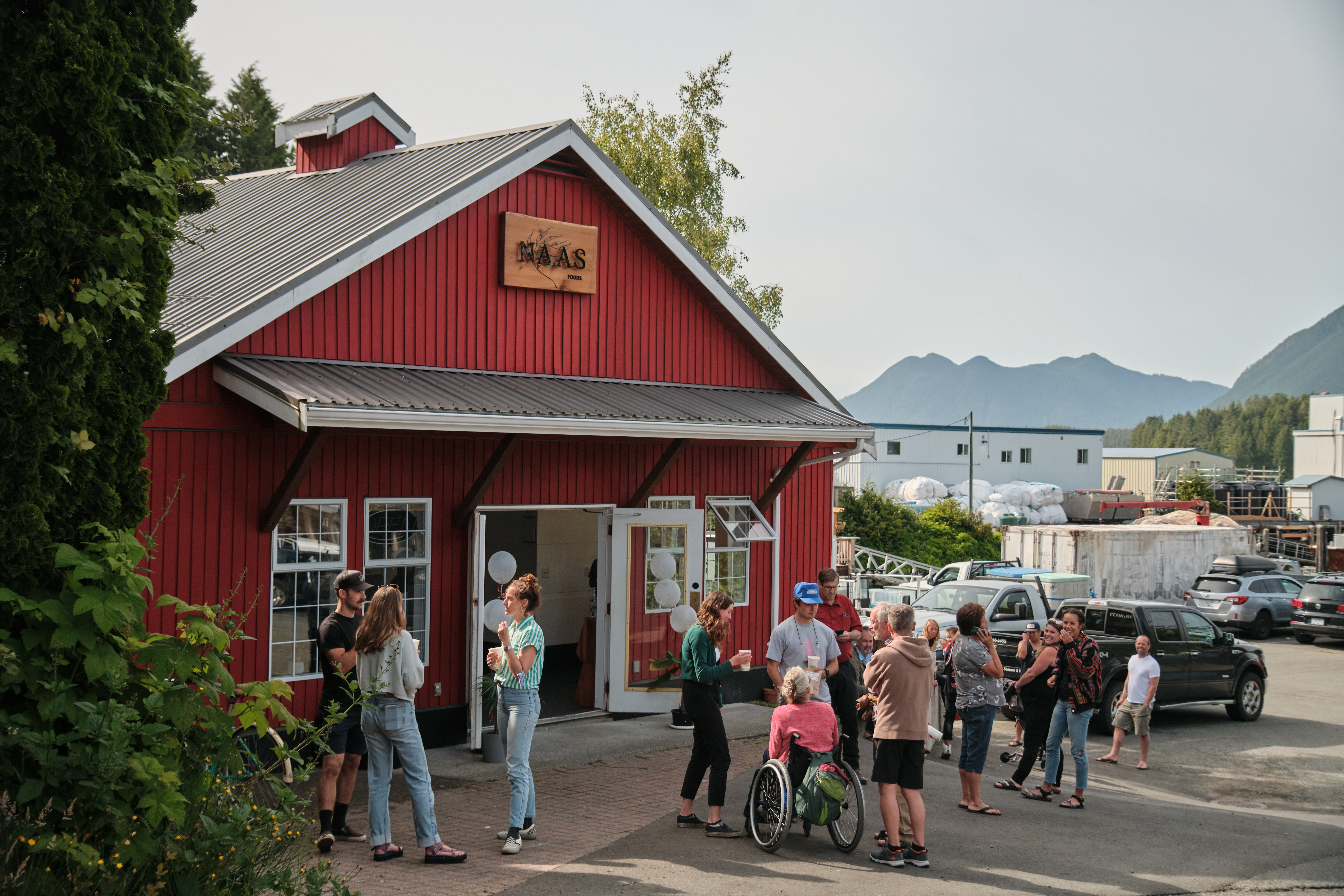
When asked why we should eat seafood products, Jordan exclaims, “There are a hundred reasons to eat kelp and seaweed!” But ultimately, besides “tasting fantastic,” kelp doesn’t require fertilizer or feed, and it doesn’t produce waste, which makes it a leading form of sustainable agriculture. Kelp also grows very quickly, resulting in a rate of carbon sequestration approximately 20 times more than land forests per acre. Finally, he says, “Kelp is a superfood, rich in a multitude of vitamins and minerals, and is found to be one of the leading natural sources of iodine.”
Sounds like some pretty solid reasoning to us—time to pick up some kelp for the kitchen!
The Edible Notables Series is proudly sponsored by Beacon Law Centre.






